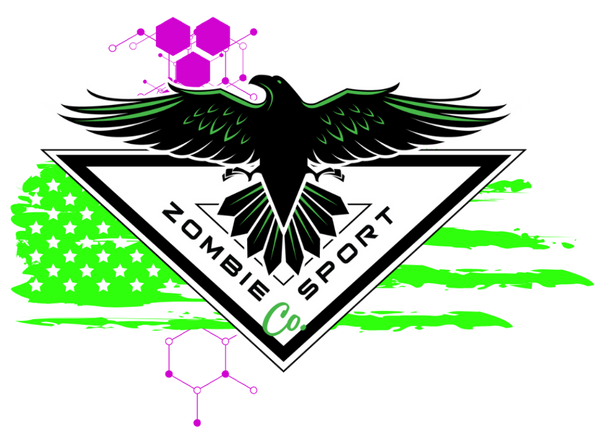When it comes to natural remedies for various health conditions, essential oils have gained significant popularity. Among the vast array of options available, peppermint oil stands out as a potent and versatile healing agent. With its unique combination of properties, this refreshing oil has been celebrated for its remarkable capacity to facilitate wound healing. In this blog, we will explore the amazing benefits that peppermint oil brings to the table in terms of wound healing and how it can be a valuable addition to your first aid arsenal.
1. Powerful Antimicrobial Properties:
Peppermint oil is renowned for its strong antimicrobial properties, making it highly effective in combating harmful bacteria, fungi, and viruses that can impede the wound healing process. Its active ingredient, menthol, exhibits antimicrobial activity against a wide spectrum of pathogens, reducing the risk of infection and promoting faster healing.
2. Enhanced Circulation and Oxygenation:
Application of peppermint oil on wounds stimulates blood circulation and enhances oxygenation in the affected area. This increased blood flow helps deliver necessary nutrients and immune cells, while oxygen promotes tissue regeneration and accelerates wound closure. By improving circulation and oxygen supply, peppermint oil aids in fostering a favorable environment for wound healing.
3. Soothing and Cooling Effect:
Peppermint oil's cooling and soothing properties offer immense relief to irritated and damaged skin. When applied topically, it provides a refreshing sensation, alleviates pain, and reduces inflammation associated with wounds. Its analgesic properties help to block pain receptors, allowing individuals to experience immediate and long-lasting comfort.
4. Antioxidant Effects:
Rich in antioxidants, peppermint oil helps protect cells from damage caused by free radicals. These antioxidants neutralize oxidative stress, reducing inflammation and preventing further harm to the wounded area. By minimizing oxidative stress, peppermint oil supports the regeneration of healthy skin cells, facilitating the healing process.
5. Scar Reduction:
Peppermint oil's regenerative properties aid in preventing or minimizing scar formation. Its ability to promote the growth of healthy skin cells helps ensure a more even, less visible scar. Regular use of peppermint oil on wounds during the healing process can contribute to smoother, less prominent scarring, enhancing overall skin appearance.
Conclusion:
Peppermint oil truly proves its worth as a valuable natural remedy for wound healing. With its potent antimicrobial properties, enhanced circulation, soothing effects, antioxidant benefits, scar-reducing qualities, and stress-relieving effects, peppermint oil offers a comprehensive approach to wound care. Whether you have a minor cut, abrasion, or even a more serious wound, adding peppermint oil to your first aid kit can provide immense benefits in facilitating a faster and more efficient healing process. However, it is essential to consult a healthcare professional before incorporating peppermint oil into your wound care routine, especially if you have sensitive skin or certain medical conditions.

